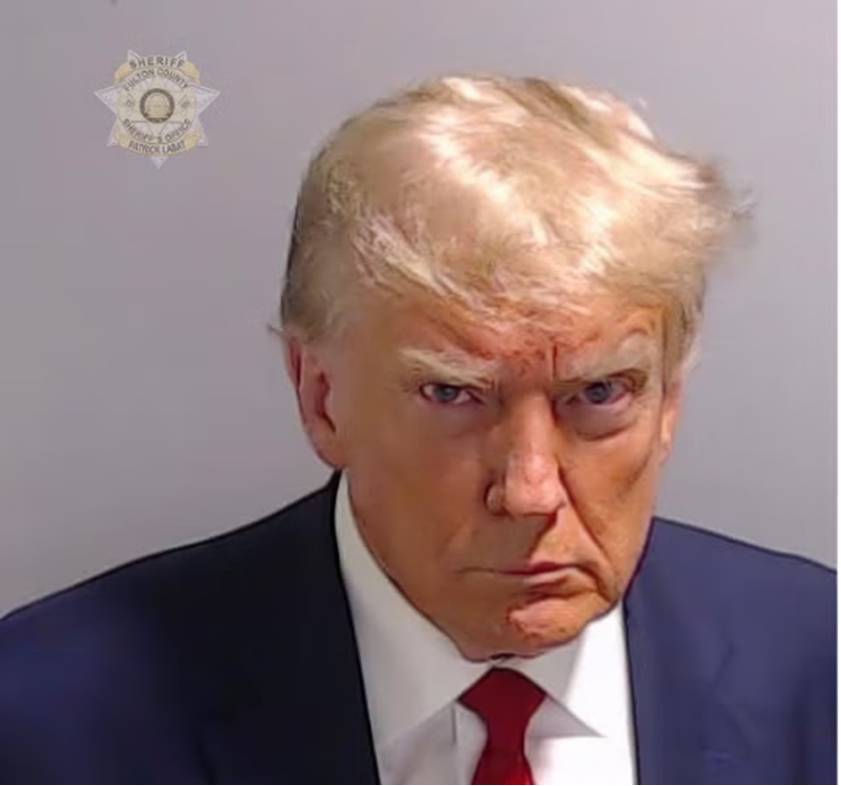- About
- Contact
- Blog
- CONSUME
- GALLERY
-
PERAMBULATIONS, Etc.
- Old Parcels Office, Scarborough
- Ghent
- White Cube
- Cornerhouse, Manchester
- Venice 2019
- Tectonics
- Leeds City Art Gallery
- Hayward Gallery, London
- Hull University Art Gallery
- Whitney Gallery, New York
- Royal Scottish Academy, Edinburgh
- Talbot Rice Gallery, Edinburgh
- Fruitmarket Gallery, Edinburgh
- Modern One & Two, Edinburgh
- Groeningemuseum, Bruges
- Humber Street Gallery, Hull
- Renwick Gallery, Washington DC
- Arenthuis, Bruges
- Ropewalk Gallery, Barton on Humber
- Geementmuseum, Den Haag
- Ferens, Hull
- Crescent Arts, Scarborough
- Walker Art Gallery, Liverpool
- Hepworth Wakefield
- Yorkshire Sculpture Park
- Stedelijk, Amsterdam
- Henry Moore Institute
- Louisiana
- SMK Copenhagen
- Yorkshire Sculpture International
- Tate Modern
- Whitworth, Manchester
|
+Writing in Counterpunch, Kirkpatrick Sale takes a gloomy view of the human response to climate change—a view which I share:
‘the problem of global overheating is so acute and pervasive that no amount of meliorative efforts that may be made now has any chance of halting it or reining it in. For all the talk of limiting carbon dioxide emissions, these have increased steadily for the last two decades and show no signs of slowing, and world temperatures have increased steadily as well, with the hottest years since 1850 coming in the last five years. There are no actions by humans underway now or even contemplated in the next decades that, even if efficiently undertaken and carried out—which is problematic—have any chance of changing that in any serious way. The Paris limit of 1.5 Celsius overheating will be passed within a year.’ (The Dangerous Contrivance of “Climate Change” - CounterPunch.org) Very often we hear that we must not extinguish hope, just as we made this mess we have the capability to clean it up. This argument then segues into how technological fixes are just round the corner, and actually ‘we’re already doing a lot’ so there’s no need to push harder lest the economy suffers. And we can’t do anything if we haven’t got a vibrant economy, right? It’s my view that humans will act when their backs are against the wall, and we haven’t quite reached that point yet. In this case, like the proverbial frog in a pan of boiling water, we will delay until it’s too late. So in this context, whilst in a secondhand bookshop I thought it worthwhile investing £1 in a copy of Bertrand Russell’s New Hopes for a Changing World. Philosophers have been accused of merely analysing the world rather than trying to change it, so perhaps old Bertie was bucking the trend. Published in 1951 the book of course had nothing to say about climate change –then the existential threat was nuclear war. Despite his analysis of the human condition, Russell nevertheless comes up with a solution which is as likely succeeding as a snowball in a globally overheated world: a World Government. Such a government would be the sole possessor of armaments, and according to Russell it could come about through consent as well as coercion. Nation states would still exist. It’s not clear to me whether Russell really believed a full-blown world government would ever come about—perhaps he was being a tad utopian in his thinking, but after the relatively recent formation of the UN he maybe nursed hopes. Which is not to say that some form of world governance has not appeared—whether we like it or not the World Trade Organisation exists, and the ever cognitive dissonant UNFCCC sets climate change targets. World governance is not the same as world government, but for fanatics on the right anything that seemingly contests national sovereignty is an abomination. +Russell had some words to say about fanaticism, which is where I learnt that the Amish refuse to wear buttons. +Tom Tugendhat MP, UK security minister and Iraq war veteran, interviewed on the radio the other day told listeners that things had dramatically improved in Iraq. As evidence of this he cited the fact that corruption in Iraq is now worth £2.5 billion. By that measure the UK’s economy is in rude health. According to Transparency International, £100 billion of dirty money passes through the UK’s financial systems every year, and even the NHS loses £1.27 billion to corruption each year. Perhaps corruption could become a Key Performance Indicator for this government—an indicator which it itself would outperform all others. +To paraphrase Christopher Marlowe, Is this the face that launched a thousand shits And toppled the topless towers of Washington? This image should (and no doubt will) be shared widely.
0 Comments
Leave a Reply. |
Archives
March 2024
|


 RSS Feed
RSS Feed